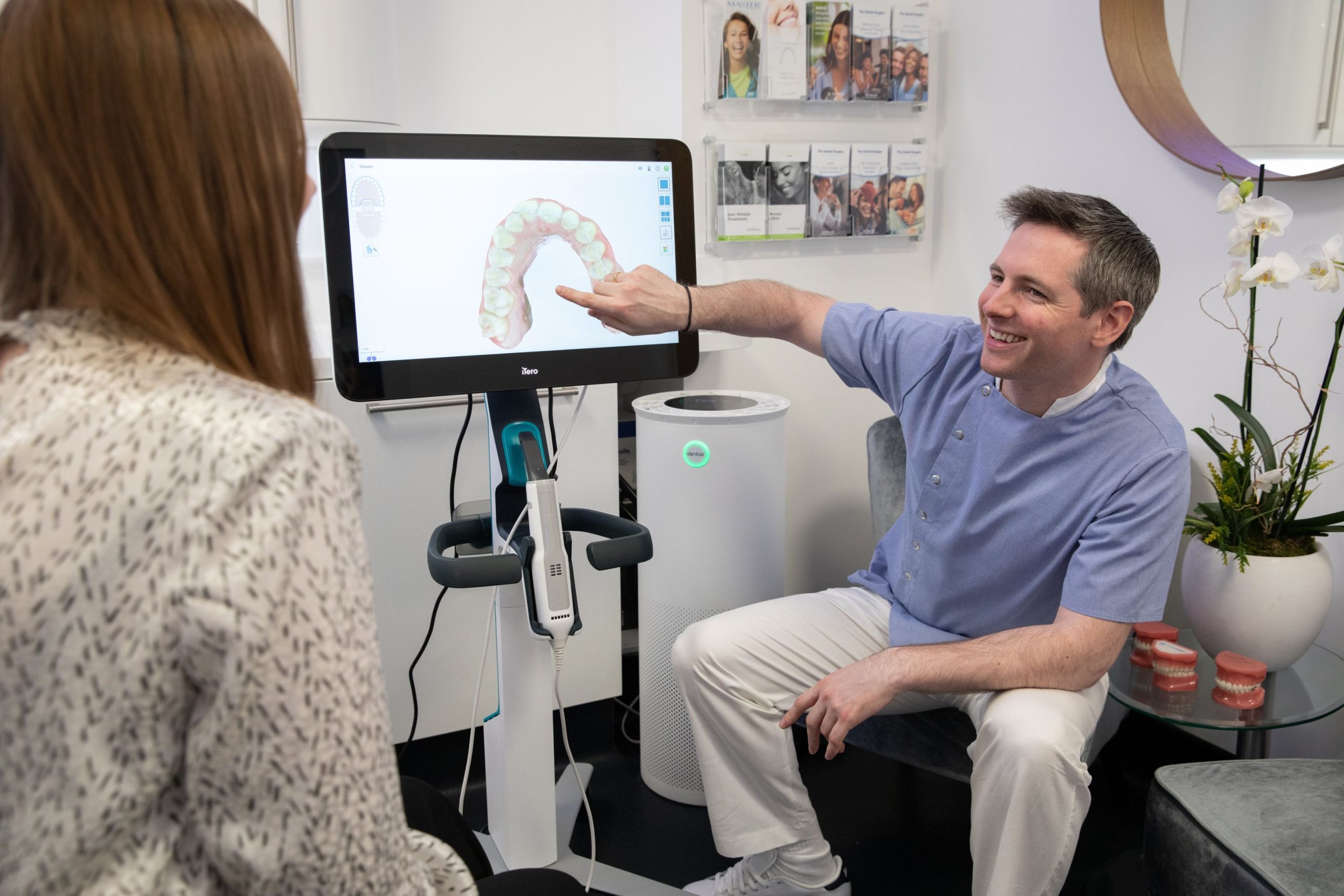- Categorised as:
- Dental Hygiene
- General Dentistry
- Periodontics
How Common Is My Gingivitis?
Any dentist or dental hygienist will have heard certain questions from patients many, many times.
What is the best way to brush my teeth? How important is flossing? Can I have a sticker (young patients, mostly…); that sort of thing.
One common question relates to gingivitis; namely, whether gingivitis itself is common.
In this post, we will not only answer that question but we will go a little deeper. We’ll look at why it doesn’t really matter how common gingivitis is, where gingivitis sits on the scale of dental problems, and we’ll give a few tips on next steps both to remove gingivitis, and then to prevent it from returning.
That’s a fair amount to cover so we better get cracking. Starting with the basic question, “how common is gingivitis?”, the answer is that it is very common. According to the British Society of Periodontology, gingivitis is common with gingival bleeding affecting 55% of adults.
How Common Is My Gingivitis? That’s The Wrong Question
What we are going to say now, though, is that the percentage really doesn’t matter a great deal – as UK demographics change and the population ages there is every chance that 54% will move closer to 60%. That, though, doesn’t really affect you, the individual who is perhaps wondering whether you have gingivitis or not.
If your gums are inflamed, if they bleed when you brush or floss, then there is a high likelihood that you do have gingivitis or some other periodontal condition. There is no shame in this and it is not necessarily a sign that you have willfully and flagrantly neglected your oral hygiene.
It is instead simply a condition that is hard to go through life avoiding. Any dental hygienist will have dealt with gingivitis and related conditions hundreds or thousands of times; it is a routine treatment for them.
The fact that gingivitis is so common can lead, though, to a false sense of security.
If it is so common it can’t be too bad, right? Wrong.
Gingivitis itself may not do long-term damage, although bleeding, painful gums are not really something to be living with, and neither is the likely accompaniment of halitosis (bad breath).
Gingivitis and Periodontitis
Gingivitis can also develop into periodontitis and then advanced periodontitis if left untreated; these being the more serious conditions in the periodontal disease family. Periodontitis is where the gum disease spreads to underlying tissue and bone, eating away at these.
Whereas gingivitis is relatively benign, periodontitis can lead to teeth becoming loose and even to tooth loss and it has also been linked to a range of other health conditions – there are studies which have linked periodontitis to increased risk of strokes, heart attack and lung disease.
If you do suspect you have gingivitis, then you should get it checked out soon – you can book an appointment with us right now.
If it is gingivitis it is easy to treat but if it is actually the more advanced periodontitis, then that is something that you want to tackle ASAP with one of the hygienists or periodontist at our central London practice. To counteract the condition, all plaque and calcified deposits would be removed, including from deep below the gum line for periodontitis.
Tackling periodontitis tends to require several appointments in which treatment is administered and the response after each session closely monitored. Once treated, whether it is gingivitis or periodontitis, that old cliché that prevention is better than cure rings true. You will be given advice on how to maintain good dental hygiene, including how best to brush your teeth.
You might also like to give thought to foods it is best to avoid (or only have in moderation) and other lifestyle tweaks that can be beneficial to dental hygiene (read our post about that here).
Maintaining Your Dental Health
Hopefully, these small improvements to dental hygiene combined with regular visits to your hygienist will keep you happily gingivitis free. One thing we should add here is that gingivitis cannot effectively be treated at home. You can certainly improve your own dental hygiene by brushing better and using the right mouthwash, however, you cannot perform the deeper clean that removes all the hardened plaque (tartar).
It goes without saying that periodontitis cannot be treated at home. Nor can it be self-diagnosed; and therein lies a key reason to always getting bleeding gums checked out. It’s so important for your health to find out whether you have common old gingivitis or the more serious periodontitis.
Do you have a specific question?
Get in touch with us today.



